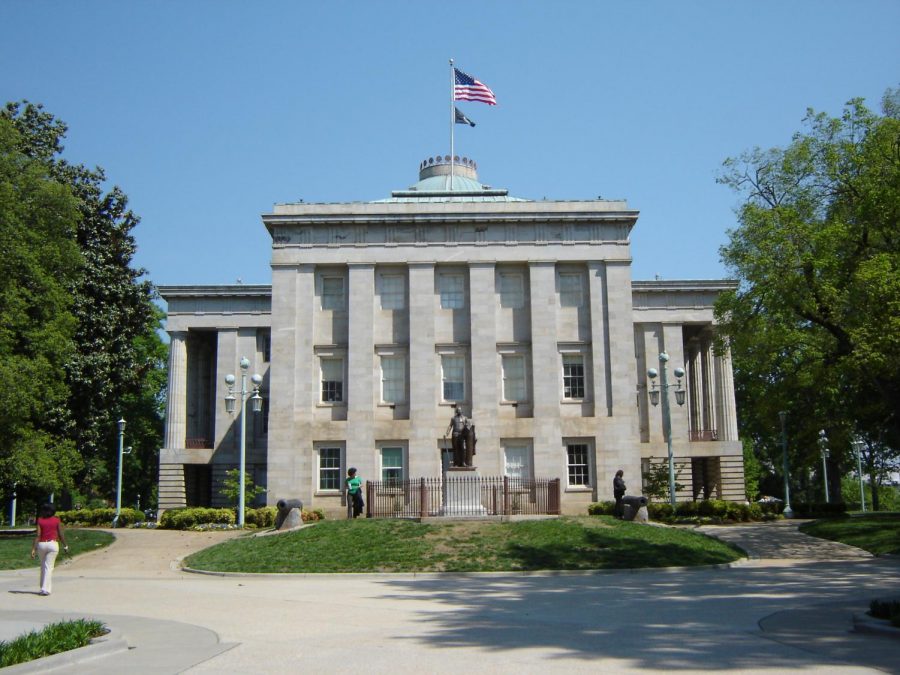Partisan gerrymandering harms the American right to vote
Gerrymandering creates an unrepresentative democracy, that allows politicians to put their party before the country.
Chanilim714, via Wikimedia Commons, creative commons
North Carolina lawmakers will have to redo the gerrymandered district map.
In American society, the constituents choose their representatives. Or so we think.
Originating from the name of 1812 Governor Elbridge Gerry of Massachusetts plus the word “salamander” due to the similarity between a salamander and the shape of a new voting district on a map drawn when Gerry was in office, the term gerrymandering has cropped up quite a bit in the past few weeks.
On January 9, 2018, the congressional map for the state of North Carolina was struck down by a panel of federal judges, who condemned the map as unconstitutional, as it was drawn by Republicans who wanted to gain a political advantage. They were given three weeks to come up with a new plan.
This is the first time a federal court has blocked a congressional map because of a partisan gerrymander, and this block instantly endangered Republican seats in the upcoming midterm elections.
Gerrymandering must be taken seriously. In a healthy, functioning democracy, voters are the ones who choose their representatives––but when legislators and representatives get to draw their own congressional districts, they are the ones choosing their voters. Gerrymandering is a calculated practice that allows one party to keep unified control of state governments, effectively silencing anyone in the opposition party, that undermines the power of voters.
All throughout the country, both parties are guilty of manipulating the system. Democrats and Republicans are marginalizing voters by drawing lines to keep hold of their power. This isn’t a partisan issue––uncompetitive elections harm all American voters, and we are all entitled to fair elections and nonpartisan redistricting.
Self-interested politicians that can’t even seem to curb their own partisanship, and are more dedicated to their parties than their countries, aren’t going to solve this issue on their own. The Supreme Court has an important role to play in this issue. A number of SCOTUS justices have signaled a willingness to embrace a legal precedent for when gerrymandering violates the Constitution, but have yet to establish a standard when it comes to the partisan effects of gerrymandering. Without a precedent in place, politicians will continue to take advantage of their ability to draw their own districts to keep their party in power.
Partisan gerrymandering is extremely harmful to American politics, as it creates an unrepresentative democracy, encourages self-interested politics, and allows politicians to put their party before the country. This is an issue that has gone on for far too long, but with the gerrymandering case in North Carolina, there is some hope that action will be taken to protect constituent.




































![Teacher Lore: Mr. Hillman [Podcast]](https://bsmknighterrant.org/wp-content/uploads/2025/03/teacherlorelogo-1200x685.png)





